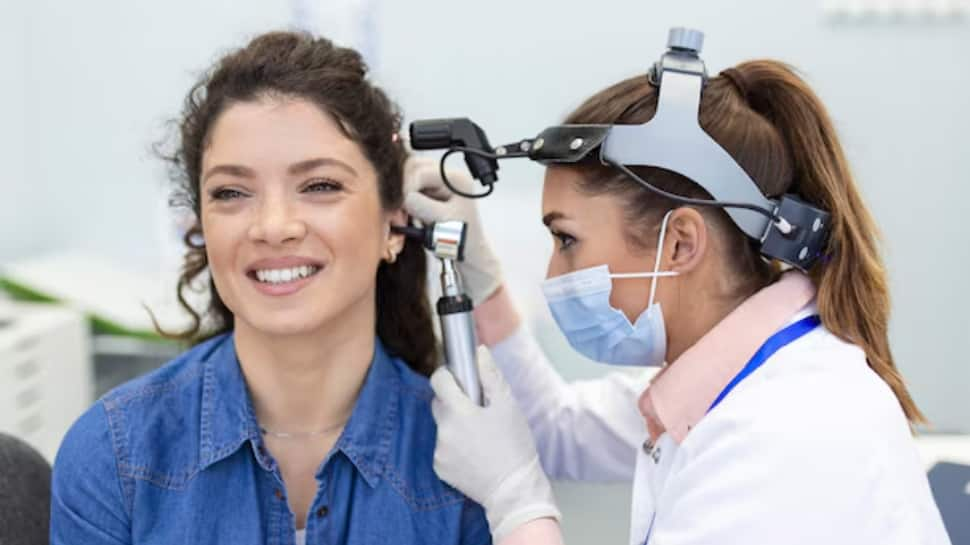When monsoon arrives, the high humidity and frequent exposure to rainwater make your ears more prone to infections. The combination of dampness, fungal spores, and bacterial growth can trigger ear pain, itching, or even temporary hearing issues. But with the right cleaning habits and care, you can keep infections at bay.
1. Keep Ears Dry at All Times
Water trapped inside the ear canal becomes a breeding ground for infections. After bathing or stepping out in the rain, gently dry your ears using a soft towel or cotton cloth. Tilt your head to allow trapped water to escape.
2. Avoid Earbuds and Sharp Objects
Poking earbuds, matchsticks, or hairpins into your ears can cause small injuries and push wax deeper. This not only damages the ear canal but also increases the chances of infection during monsoon.
3. Use Ear Drops Wisely
If you’re prone to ear infections, consult an ENT and use prescribed ear drops to keep the ear canal clean and disinfected. Avoid self-medicating or using random home remedies, as they may irritate the delicate ear lining.
4. Limit Swimming in Pools or Stagnant Water
Public pools or stagnant water bodies often harbor bacteria and fungi. If you must swim, wear waterproof earplugs and make sure to dry your ears thoroughly afterward.
5. Maintain Ear Wax Balance
A thin layer of earwax actually protects your ears by trapping dust and bacteria. Over-cleaning or frequent use of earbuds can strip this natural defense, leaving your ears more vulnerable to infections.
6. Watch Out for Early Symptoms
If you notice constant itching, pain, discharge, or muffled hearing, don’t ignore it. Early medical attention during monsoon can prevent minor irritation from turning into a full-blown infection.
Monsoon may be tricky for your ears, but prevention is always better than cure. With a mindful cleaning routine, keeping them dry, avoiding poking, and seeking timely medical help, you can enjoy the rainy season without worrying about ear infections.
(This article is meant for informational purposes only and must not be considered a substitute for advice provided by qualified medical professionals.)

